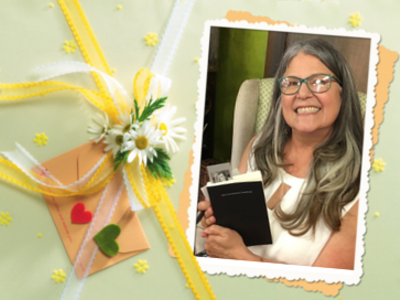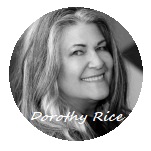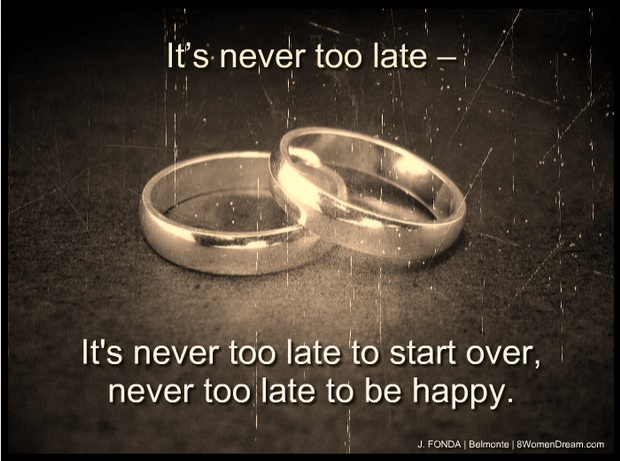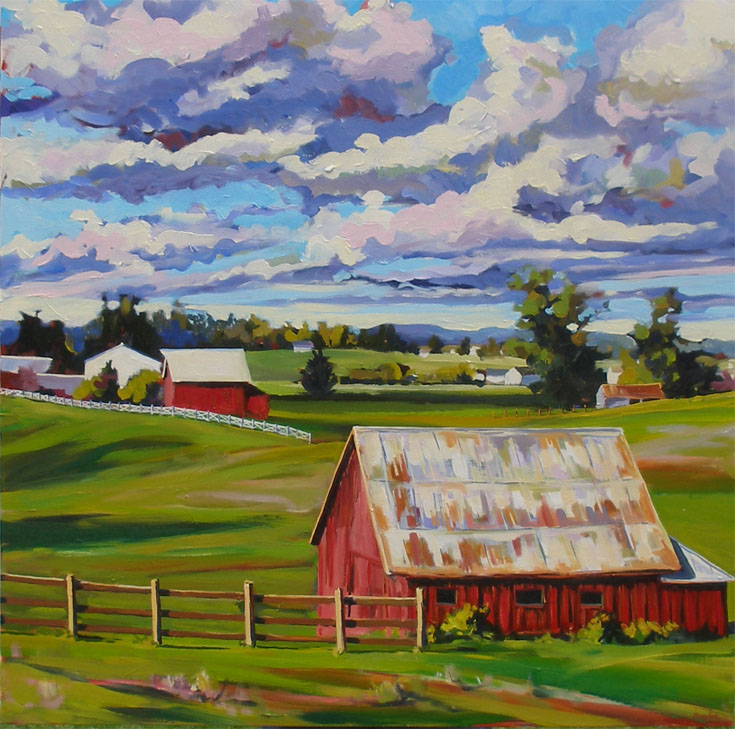
At 65, the little girl who dreamed of being an author, finally is!
What was your response to the perennial question, “What do you dream of becoming when you grow up?”
Ballerina?
Astronaut?
President?
Guinea pig rescuer? (my younger daughter’s answer, at seven)
Perhaps your dream career changed over time. For me, the answer was always, “author,” or “writer.” Growing up as an introverted, frizzy-haired girl in San Francisco’s Sunset District (the fog was not kind to my hair), the library was my sanctuary, all those beautiful books literal treasure. I dreamed of one day finding my name in the stacks.
The dream matured over the years. Sort of. Instead of fantasizing about wowing the popular girls with my creative prowess (something every sixth grader is impressed by, right?) I’d picture my air-brushed, sleek-haired glamour shot on the cover of Seventeen, Rolling Stone, Time or Oprah.
See the growing maturity there?
As a college freshman, I planned to major in creative writing and enrolled in my first class. The professor was not a fan of my angst-ridden prose. She suggested I give writing a rest and see a therapist. 18 and thin-skinned, I was mortified and avoided the English department for the next four years.
Then came marriages. Kids. Single-parenthood. Working long days to pay for it all. The dream stayed with me, but on a back burner, barely simmering. For decades, the most I could manage was keeping a journal where I confided my fears and frustrations that I wasn’t fulfilling my life’s purpose. In other words, more angst-ridden prose.
I was in my fifties when my father’s health began to decline. A lifelong artist, severe arthritis and diminished eyesight meant he couldn’t paint anymore. An obvious truth came into focus. I was mortal. I would not live forever. If I was ever going to be a writer, it was time to start living the dream, or at least taking it for a test drive.
I’d spent decades plotting best-selling novels in my head, commuting, folding laundry or grocery shopping. So, despite that one professor’s opinion, I assumed that once I started, a slew of amazing novels would leap from my brain to the page and straight into publication.
Intellectually, I knew this was wishful thinking. Yet while I’d matured in most ways and had the wrinkles to prove it, deep in my adult psyche, writing was still bound up with the Cinderella, a-star-is-born, meteoric success dreams of youth.
I began to rise before the sun, to put in a few hours writing before work. After a few months struggling to begin, another irksome truth emerged. Writing was my dream and, I still believed, my true vocation, but it was also a craft. One that takes time, effort and practice.
I’d spent decades wishing and dreaming. But I hadn’t done the time.
I had big ideas but minimal skills to execute them. I moped for a while. Instant success and gratification would have been lovely. Then I got to work.
- I enrolled in community college classes.
- I participated in workshops and conferences.
- I met other writers and found critique partners and writing groups to join.
Having tested the waters, I was confident this was what I wanted to do for the rest of my life. I decided to go all in. At 56, I retired from the career that had allowed me to raise my kids and put the eldest through college.
I told everyone that I was going to be a writer. That I was working on a novel, a noir murder mystery set in the misty San Francisco of my childhood, with a backdrop of the art world and an enigmatic artist who bore a striking resemblance to my father.
Have you heard it said that it takes 10 years or 10,000 hours to become an expert at anything? By that measure, I had only begun my apprenticeship. The next five years were busy ones, filled with more disappointment than success. Many days it was hard to know if I was moving forward or back.
In 2011, my dad died.
Over 40 years after that one disappointing writing class, I went back to college to earn an MFA in Creative Writing. I had almost completed the first draft of my murder mystery and was confident that once my professors and classmates read it, agents would be clamoring to represent me. I’d soon be on my way!
Long story short, that didn’t happen. My draft manuscript wowed no one. Least of all my thesis advisor who declared it, “more hippie soap opera than noir.” Ouch. Adding to the sting was the fact that, since I’d told literally everyone I knew that I was writing this book, embarrassing questions plagued me wherever I went.
Are you done with that book yet?
When can I buy it?
Where can I buy it?
Is it in bookstores?
What did they think? That novels wrote themselves? That agents and publishers grow on trees? Oh right, I’d thought the same thing.
Not so thin-skinned as I’d been at 18, I began work on another novel that would serve as my MFA thesis. It wasn’t very good either.
The problem? I could string words together with surprising rapidity. But my stories weren’t compelling. They didn’t ring true. I struggled to find my authentic writer’s voice, something I’d believed was in my DNA.
The last quarter in the MFA program, after two years of fiction and screenwriting classes (after all, I’d soon be writing screenplays for my blockbuster novels!), I took a creative nonfiction class. I wrote an essay about my dad, his lifelong dedication to his craft and how age and infirmity took that from him. The professor helped me place it in an online literary magazine.
That one class, that one essay, opened my eyes to other possibilities. I became enamored of memoir and personal essays and began reading and writing in the genre.
I was 60 when I graduated. During graduate school and afterward, the day-to-day work of being a writer continued.
I sent out hundreds of submissions.
My work was rejected – A LOT – but each year the number of acceptances crept up.
I read submissions for literary journals.
I volunteered with a youth literacy nonprofit to share my love of writing with kids.
At 61, my first book, a memoir (The Reluctant Artist, Shanti Arts) was published by a small press. That grad school essay about my dad is part of the book.
Writing and critique partners became supportive friends.
This year, at 65, my second book, also a memoir (Gray Is The New Black, Otis Books) was published by a university press.
I’m now 10 years into my writing apprenticeship and looking forward to 20 more.
Living the dream doesn’t look the way I imagined it would when I was ten, twenty or even fifty. I don’t have an agent or a big-five publisher. Writing is still hard and often frustrating. Rejection still hurts. And, I’m doing it!
All those friends I bragged to 10 years ago, are proud and happy for me. “You stuck with it,” they say. “Not that many people do.”
Here’s some of what I’ve learned about turning a dusty dream into reality:
• Dreams, especially long-held ones, can be fragile. Treat yours with loving-kindness, as you would an infant. Don’t share it with the world, until you can keep it safe.
• Recognize that its shape may change. I thought I’d write novels. For now, I’m writing a memoir. Who knows what I’ll be writing next year or ten years from now. Bottom line, I’m a writer, a published author. That was the dream.
• Don’t hold your breath waiting for the “big one.” Celebrate your successes as they come. For me, that might mean a new reader, publication or opportunity to speak to a local writers’ group.
• Find your community. I discovered that my home town, Sacramento, is full of writers and dreamers. Every passion has its people. Find yours.
• Knowledge is everywhere. I’ve learned from every class, editor and fellow writer. Soak it all in, sift for what works best for you and give back when you can.
• Be grateful. Every day. You chose this!
At 50, I worried it was too late for me. At 65, I realize it’s never too late. I could lament that I didn’t start sooner. I choose to rejoice that I’m finally on the path and that this journey is one that will last a lifetime and take me places I have yet to imagine.
Dorothy Rice
 Dorothy Rice is the author of Gray Is The New Black: A Memoir of Self Acceptance (Otis Books, June 2019) and The Reluctant Artist, a memoir/art book (Shanti Arts, 2015) about her artist father Joe Rice (1918 – 2011). Rice, a San Francisco native and survivor of the sixties, now lives in Sacramento with her husband, an ornery tuxedo cat, and two rambunctious guinea pig brothers. At 60, following a career in environmental protection and raising five children, Dorothy earned an MFA in creative writing from the University of California, Riverside. For more from this author, visit www.dorothyriceauthor.com on Twitter @dorothyrowena.
Dorothy Rice is the author of Gray Is The New Black: A Memoir of Self Acceptance (Otis Books, June 2019) and The Reluctant Artist, a memoir/art book (Shanti Arts, 2015) about her artist father Joe Rice (1918 – 2011). Rice, a San Francisco native and survivor of the sixties, now lives in Sacramento with her husband, an ornery tuxedo cat, and two rambunctious guinea pig brothers. At 60, following a career in environmental protection and raising five children, Dorothy earned an MFA in creative writing from the University of California, Riverside. For more from this author, visit www.dorothyriceauthor.com on Twitter @dorothyrowena.
*Photographs of Dorothy Rice are by Anita Scharf of Scharf Photography. Anita Scharf’s photos have appeared in many publications, including the University of the Pacific Swimming and Capital Public Radio media guides. She specializes in commercial portraiture, athletic events, weddings, and fine art platinum-palladium printing. She teaches English at California State University, Sacramento and owns Scharf Photography. For more information, pricing or to schedule a photo session, please contact Anita through her website at ScharfPhotography.com.
 |  |  |  |

Enjoy this special 8WomenDream Guest Contributor story submitted by new and experienced big dreamers throughout the world, edited and published to capture a dream perspective from different points of view. Do you have a personal dream story to share with 8WomenDream readers? Click here to learn how to submit dream big articles for consideration.
Note: Articles by Guest Post Contributors may contain affiliate links and may be compensated if you make a purchase after clicking on an affiliate link.




